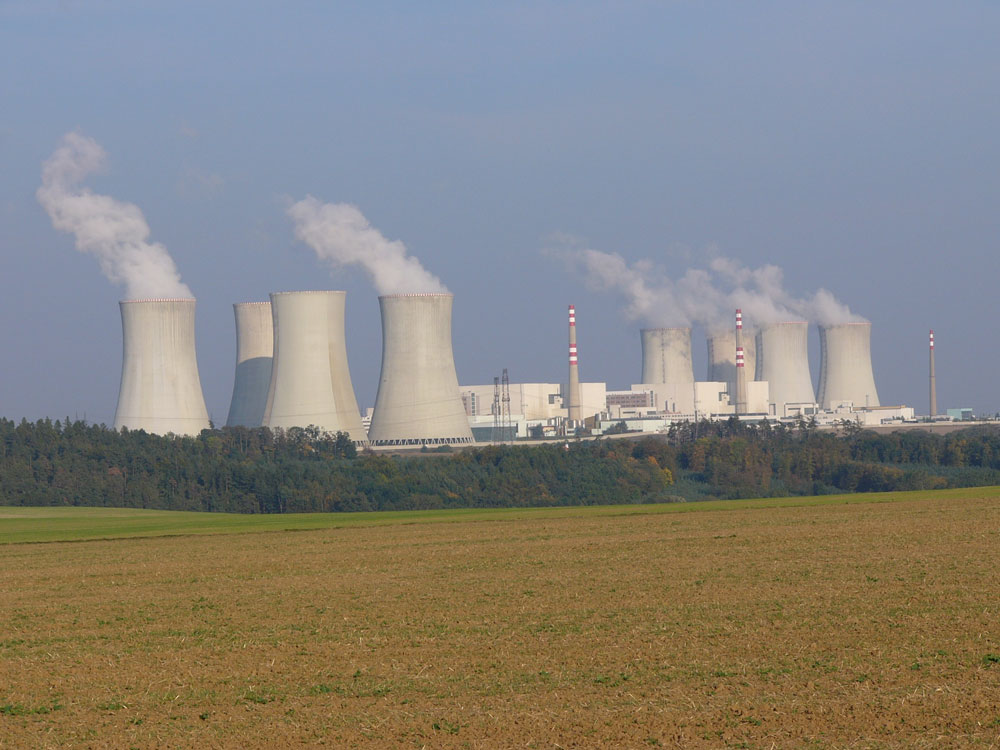The world cannot give up nuclear energy
Humans still need nuclear power to meet the growing demand and mitigate the impact of climate change, the International Energy Organization (IEA) said.
The IEA's conclusion comes in a report titled World Energy Outlook ( AFP ), AFP reported.

The IEA predicts that power generation capacity from nuclear power plants will be reduced by 15% by 2035 if some developed countries - such as Germany and Belgium - close down nuclear power plants. Due to reduced electricity demand, demand for electricity has increased, so it is likely that those countries will have to use more coal and gas to produce electricity. Then carbon emissions will increase sharply, causing disastrous consequences for the environment.
The amount of electricity produced from nuclear power has also been reduced, which has led to an increase in electricity prices from other sources, leading to the escalation of a range of fuels such as oil, coal and gas. According to IEA forecasts, global oil demand may increase by 14% by 2035, while oil prices may soar to 120 USD per barrel.
By 2035, the amount of coal that people use to produce electricity will increase by 65% compared to today. Currently coal produces almost half of the electricity consumed by human species.
Maria van der Hoeven, executive director of the IEA, highlighted in the report that economic growth and population growth will push energy demand to higher levels in the coming decades. Therefore the world must change the way of energy consumption in a more safe and efficient way.
The IEA report also points out some paradoxes in energy consumption. For example, China is still on the path to becoming the world's largest energy consumer. The energy that China consumes will be 70% bigger than the US by 2035. But even then the average annual energy consumption of each Chinese citizen is less than half of that of every American.
- Europe's first thorium-powered nuclear power plant has been activated after more than 40 years
- Nuclear energy still has a place in the future
- History of formation and development of nuclear energy
- Benefits and harms when producing electricity from nuclear energy
- Vietnam will use responsible nuclear energy
- Japan wants to erase nuclear power
- 6 breakthrough energy technologies can change the world
- Siemens Group Germany announced it would give up nuclear power
- how to behave with nuclear power?
- Russia's prestigious nuclear research institute
- We have endless energy, but why haven't we used it yet?
- Vietnam-UK cooperates on nuclear energy safety
 Is the magnetic North Pole shift dangerous to humanity?
Is the magnetic North Pole shift dangerous to humanity? Washington legalizes the recycling of human bodies into fertilizer
Washington legalizes the recycling of human bodies into fertilizer Lightning stone - the mysterious guest
Lightning stone - the mysterious guest Stunned by the mysterious sunset, strange appearance
Stunned by the mysterious sunset, strange appearance